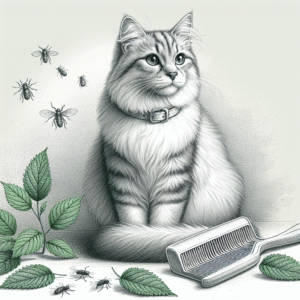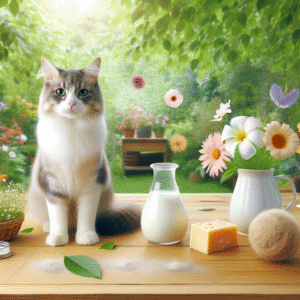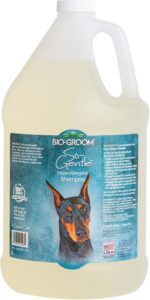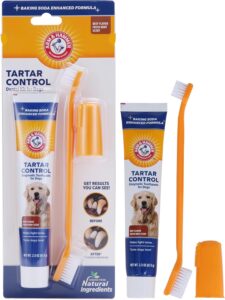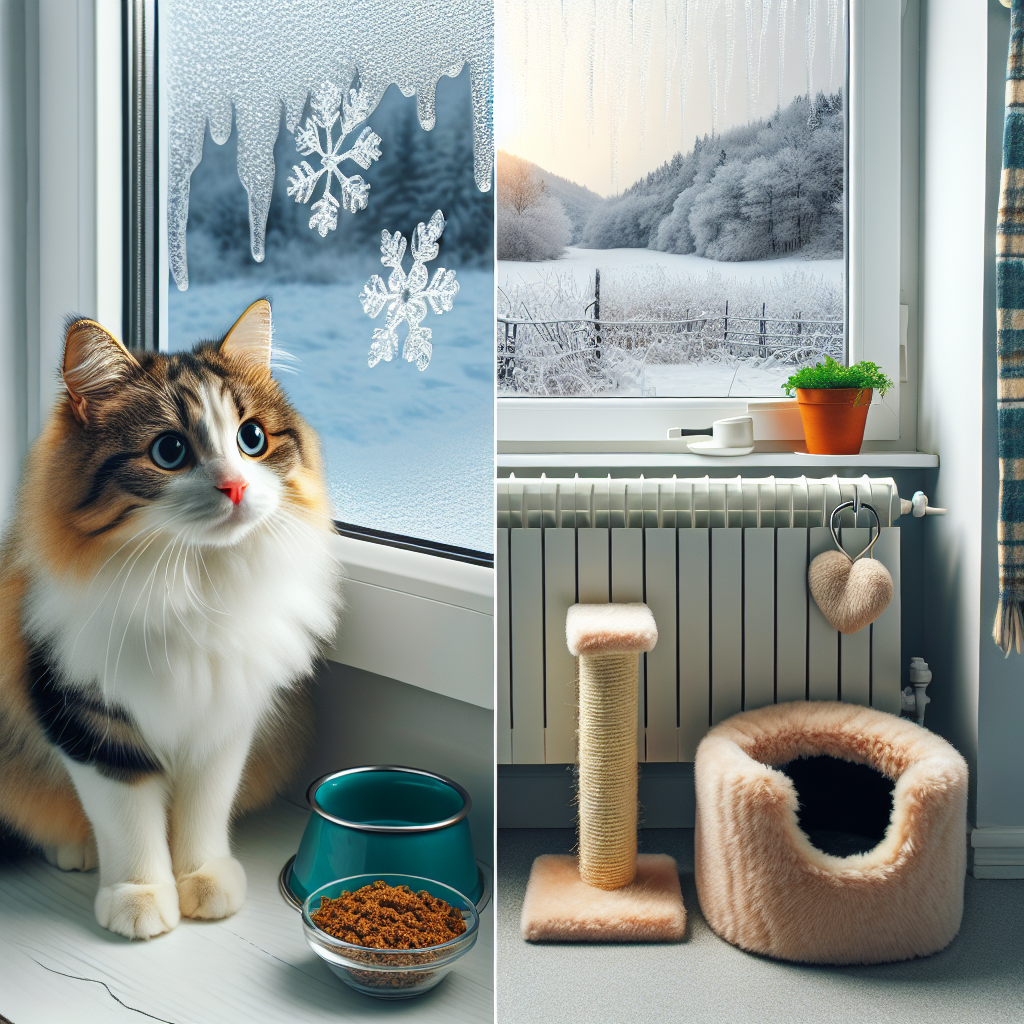
Introduction
As winter approaches, cat owners must be prepared to tackle the challenges that the cold weather brings. Just like humans, cats are affected by the harsh conditions of winter. This article will provide essential safety tips to ensure that cats remain healthy and comfortable during the colder months. The focus will be on both indoor and outdoor cats, as their needs can differ significantly during winter.
The Impact of Cold Weather on Cats
Cats, especially those with short hair or no hair at all, can be sensitive to cold. Even those with thicker coats are not immune to the drop in temperature. It’s important to understand how cold weather can affect them physically and behaviorally. Cats can suffer from hypothermia and frostbite if exposed to low temperatures for too long. Additionally, the winter months can lead to a decrease in activity levels, which can contribute to weight gain and associated health issues.
Creating a Warm Indoor Environment
Heating and Insulation
Ensure that your home is adequately heated and insulated. Cats often seek warm places to nap, so make sure their favorite spots are warm and comfortable. Consider using heated cat beds or thermal blankets to provide additional warmth.
Safe Sleeping Areas
Place your cat’s bed away from drafts, windows, and doors. A cozy spot in a quiet corner or near a heat source can provide the perfect sleeping area. Avoid electric blankets, as they can pose a fire hazard and may overheat your pet.
Humidifiers
Winter air can be dry, which might lead to respiratory issues or dry skin for your cat. Using a humidifier can help maintain moisture levels in the air, benefiting both you and your feline friend.
Nutritional Needs During Winter
Cats often require more calories during the winter months to maintain their body temperature. Ensure that they have access to a balanced diet that meets their increased energy needs. Consult your veterinarian if you are unsure about adjusting their diet.
Hydration
Even though it’s cold, cats still need plenty of water. Ensure that their water supply is fresh and not frozen. Heated water bowls can prevent freezing, especially for outdoor cats.
Outdoor Cats: Special Considerations
Providing Shelter
If your cat spends time outdoors, it’s crucial to provide a warm, dry, and insulated shelter. This can be a specially designed outdoor cat house or a modified structure like a garage or shed. Ensure that the shelter is elevated off the ground and lined with straw for insulation.
Monitoring Outdoor Time
Limit the amount of time your cat spends outside during extreme weather conditions. Keep a close eye on them to prevent prolonged exposure to the cold. Encourage your cat to come inside more frequently, especially during the night.
Reflective Collars
With shorter daylight hours, it can be harder for drivers to see cats crossing roads. Equip your outdoor cat with a reflective collar to enhance their visibility in low-light conditions.
Preventing Common Winter Hazards
Antifreeze Poisoning
Antifreeze is highly toxic to cats, and even small amounts can be lethal. Ensure that antifreeze containers are tightly sealed and stored away from pets. Clean up any spills immediately and be aware of puddles outside your home that may contain antifreeze.
Checking Under the Hood
Cats often seek warmth in car engines. Before starting your vehicle, tap on the hood or honk the horn to scare away any cats that might be hiding there.
Ice and Snow
Ice and snow can irritate your cat’s paws. Check their paws for any clumps of ice or de-icing chemicals, which can be harmful if ingested. Consider using pet-safe de-icing products on your property.
Keeping Indoor Cats Active
Indoor cats may become less active during the winter months, leading to weight gain. Engage them with interactive toys, climbing structures, and regular playtime to keep them physically and mentally stimulated.
Regular Health Check-ups
Winter is an excellent time for a vet check-up. Ensure your cat is up-to-date with vaccinations and flea treatments. Discuss any concerns about their winter health and ask for advice tailored to your cat’s specific needs.
Conclusion
Winter can be a challenging time for cats, but with the right precautions, they can remain healthy and happy. By creating a warm indoor environment, addressing their nutritional needs, and being mindful of potential hazards, you can ensure your cat’s safety during the colder months. Whether your cat is an indoor or outdoor adventurer, these essential winter safety tips will help you provide the best care for your feline friend.
#ChatGPT assisted in the creation of this article.

